We go to school for six and a half hours every day and still manage to do four to six hours of homework each night, essentially doubling the time we spend focusing on education. Yet somehow, when that quiz day comes, we still have no clue what we’re looking at.
The reason for this problem resides in the fact that a majority of teachers tend to assign ceaseless amounts of homework without taking into consideration the fact that their students are not taking only their class. Some teachers assign pages of busywork, while others are so concerned with trying not to assign busywork that they end up giving multiple long and complex projects. Although each of these assignments are meant to enhance the learning of a subject matter, the multitude of these assignments is overwhelming for students, especially with the pile up of work of all seven classes.
These assignments are meant to keep students engaged and learning, but in reality, the compilation of all the work makes it nearly impossible to thoroughly comprehend. Plowing through 76 math problems, trying to understand Hemingway’s hidden symbolism in 40 pages of reading, and staying up late mindlessly conjugating a thick packet of French verbs leaves no time for the intended comprehension from all seven different subjects.
Although homework allows students time to process the information learned in class and therefore plays a crucial role in the learning process, the overwhelming amount of work often tempts students not to put their full potential into assignments simply to get things done in a timely manner. Unfortunately, this practice of slacking through homework has led students to finish many courses without remembering some of the most important information.
Many students agree to one general statement: the most effective learning and intellectual understanding comes from stimulating projects done in the classroom while interacting with other students, not from teaching subjects to themselves at home. Although these projects are often time consuming, they allow students to learn from one another, have time to work proactively in class, and effectively take in the information in a way that sticks.
For the past twelve years the AP European History class has put on a salon to bring the Era of Enlightenment alive. Most AP Euro students would agree that as they left the project, they learned more in that day than any conventional one previous. Similarly, those arduous physical science projects have lasting impacts on the understanding of students. They may have been stressful at the time, testing the problem-solving skills of the ninth-grade mind, but most can now proudly say they learned a great deal about the laws of physics by launching a paper ball from a catapult made of popsicle sticks.
That being said, we do need to recognize the positive effects of the occasional busywork-type assignment. It is almost impossible to learn the proper conjugation of verbs in a foreign language without repetitious practice, but the time for this type of learning belongs within the classroom. Immediately after learning challenging topics, teachers should guide their students through the packet or worksheet-style assignments during class time in order to reinforce the new topics and ensure that the material was practiced correctly.
This is not to say that we need to be spoon-fed every piece of knowledge, for finding deeper meaning on our own can bring even greater satisfaction. But when we slump home after a grueling day of school and extra-curriculars, all of the worksheets, textbook questions, and essays pile up from our seven classes. When we complete them (assuming we do them at all) we only have time for minimal effort, ultimately making some homework entirely futile.

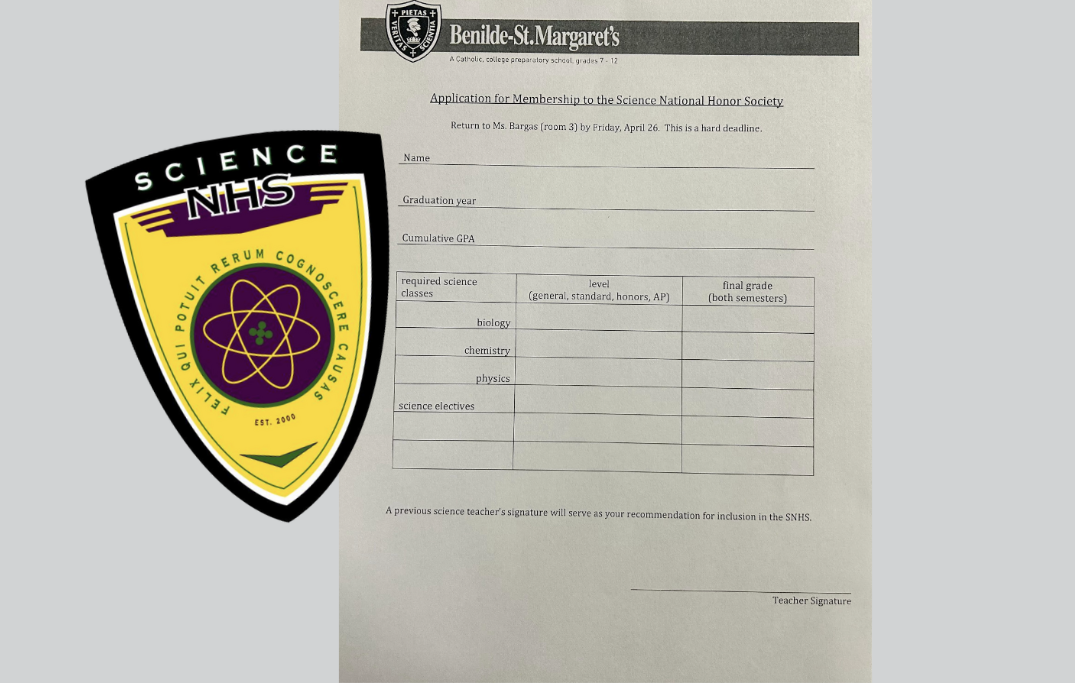
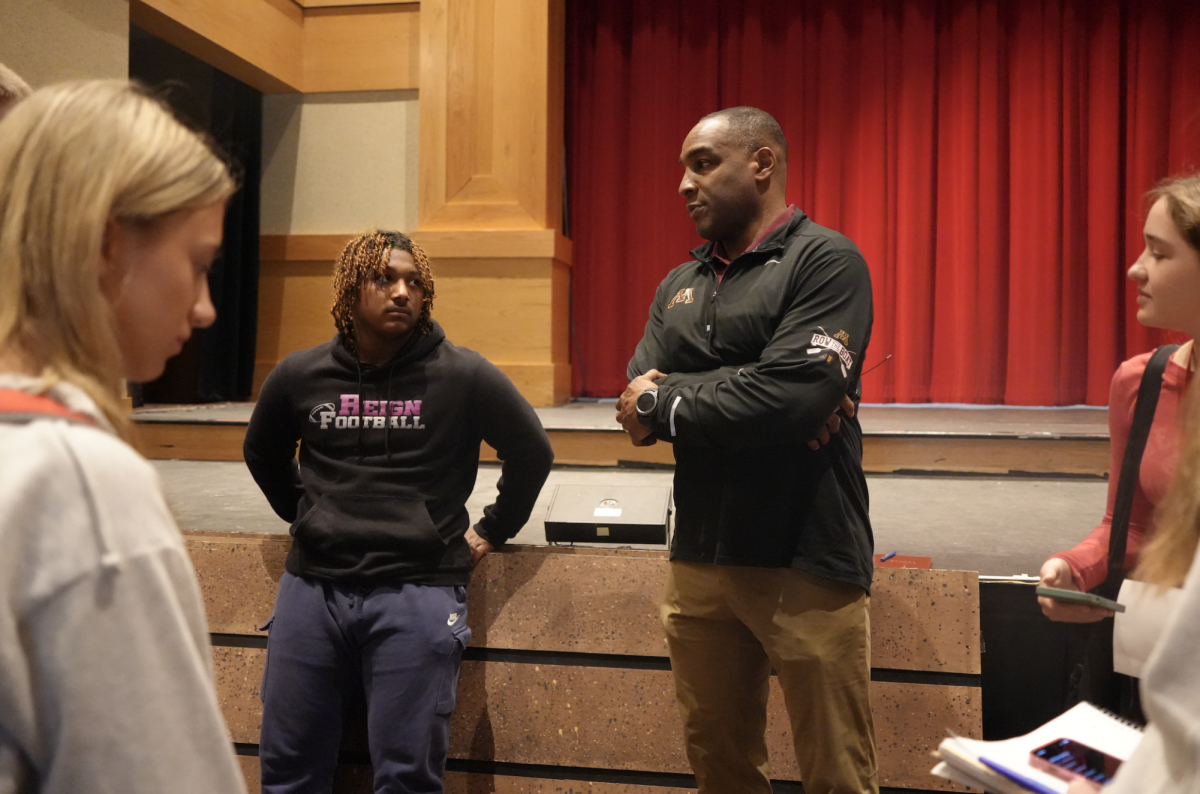



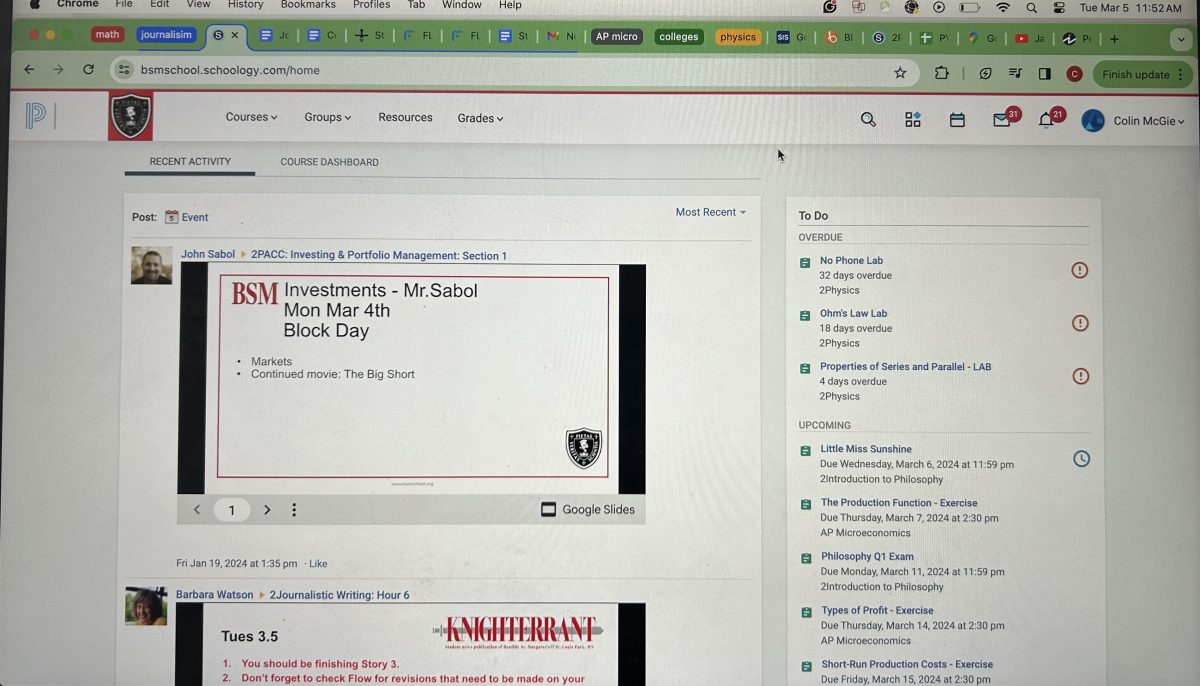

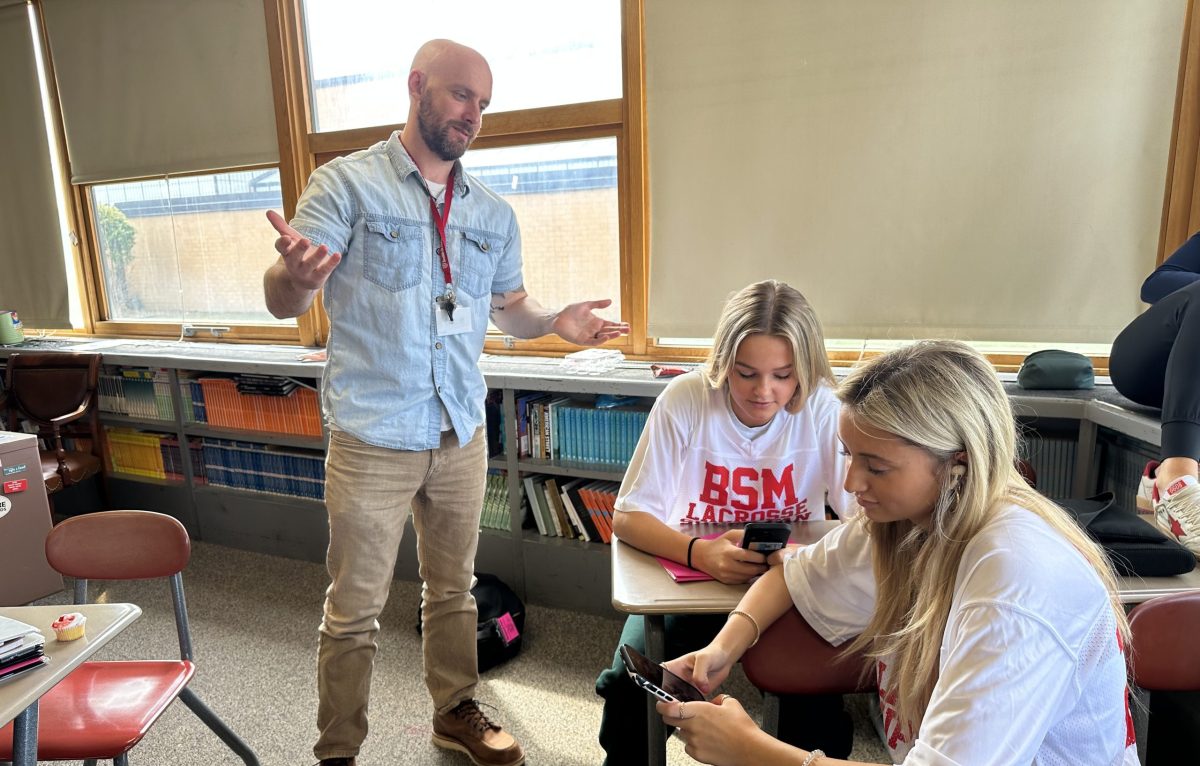






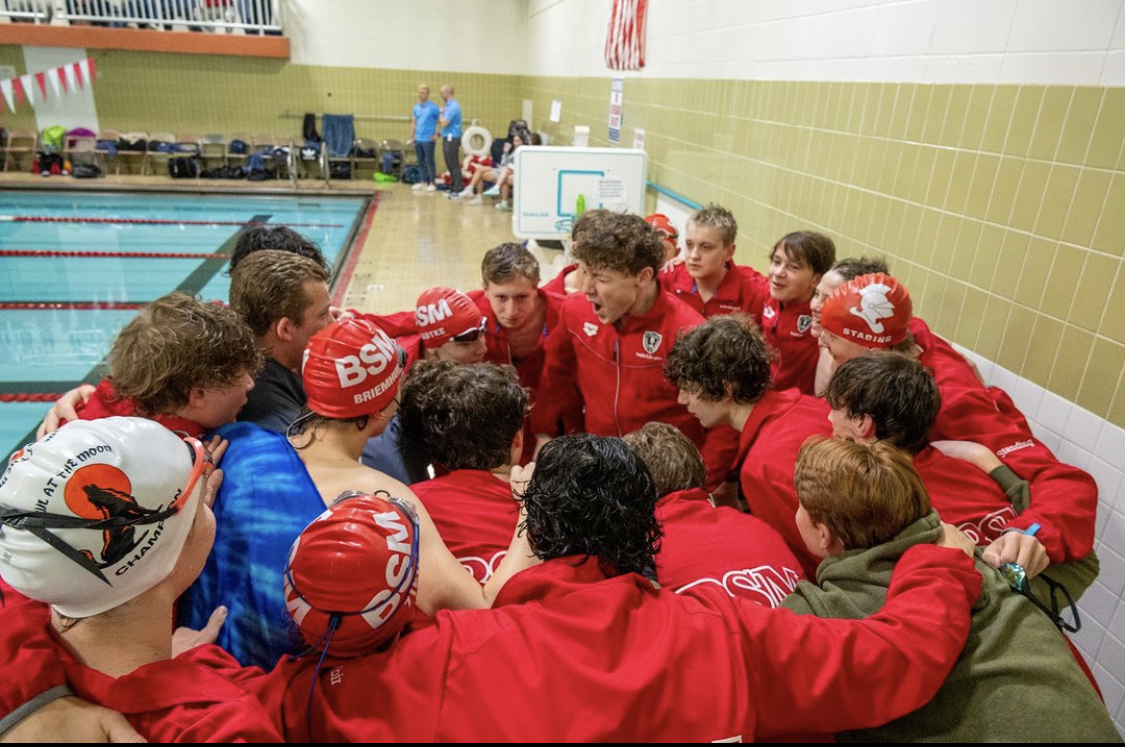



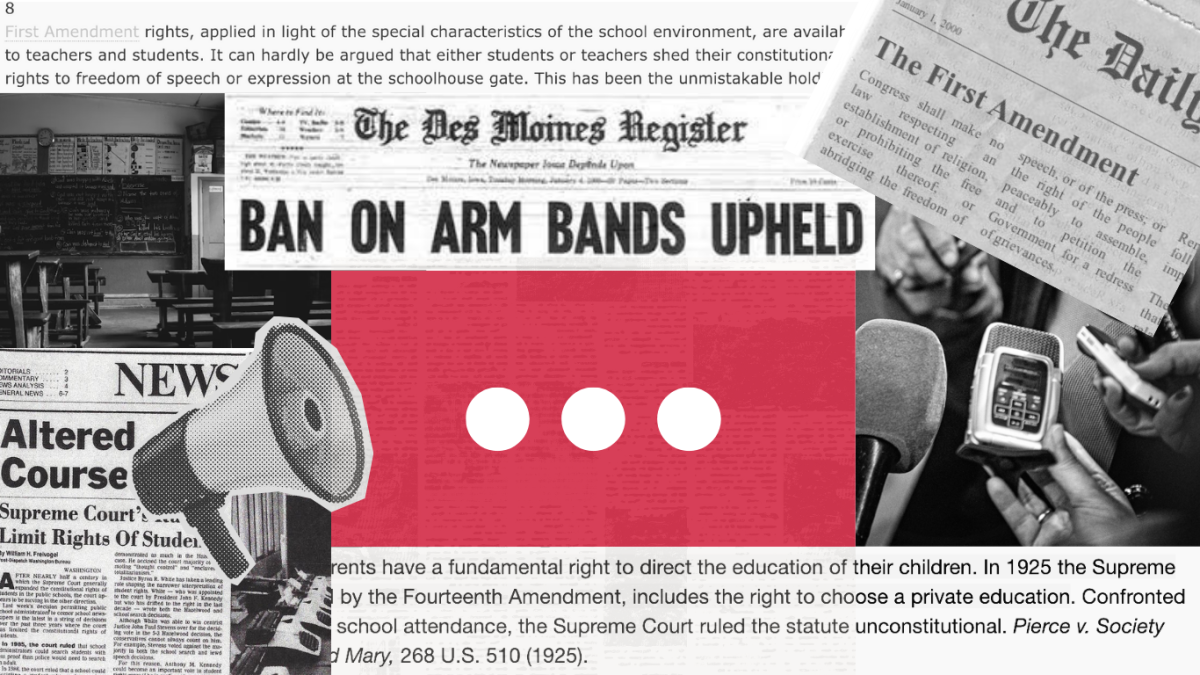
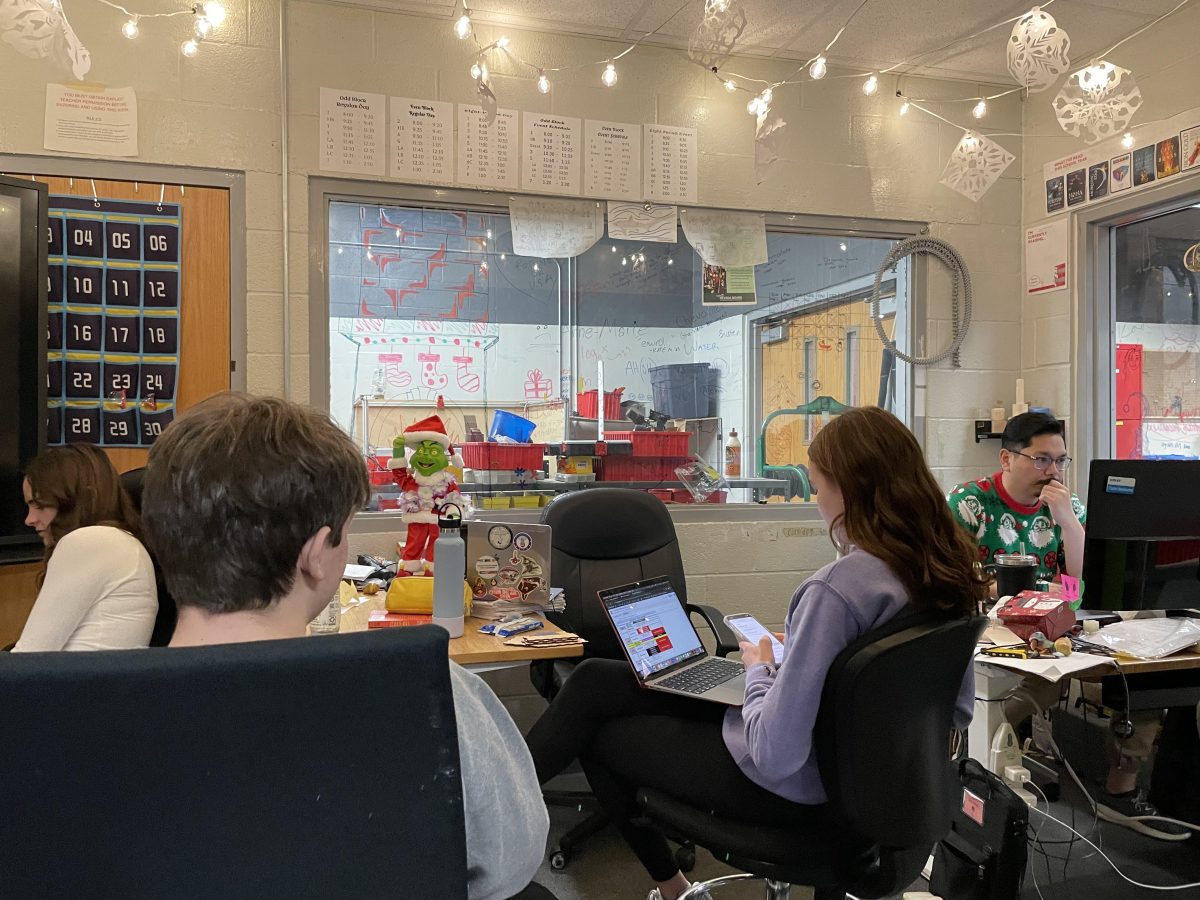


















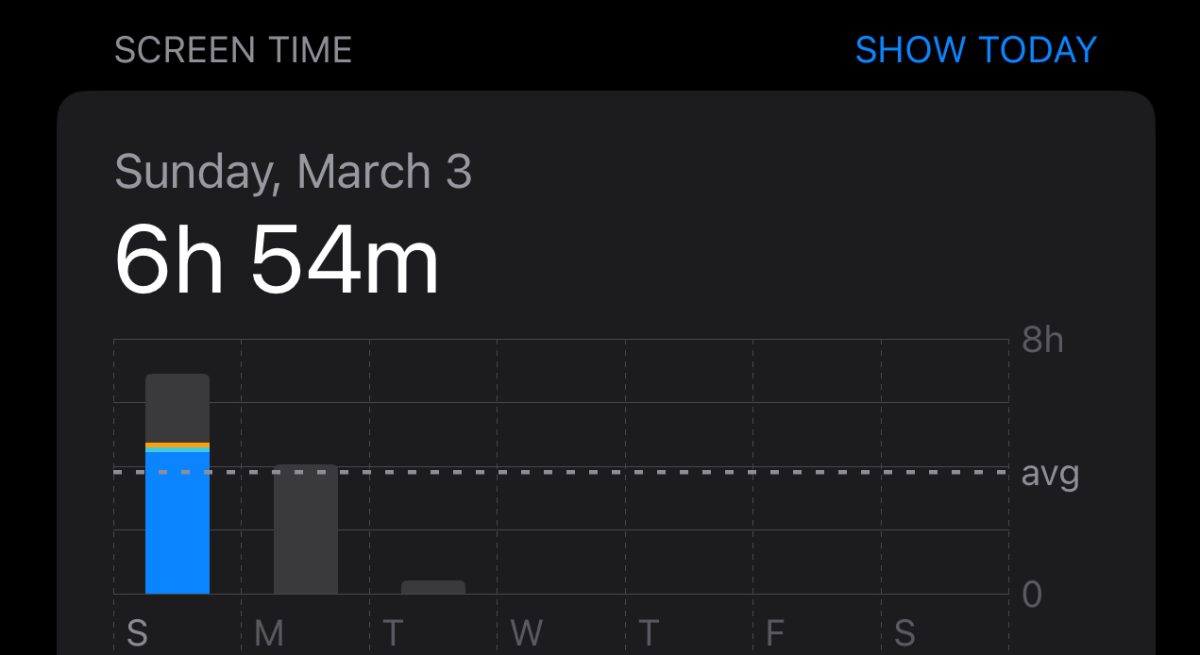




Alex Brandon • Mar 14, 2019 at 12:10 pm
Thanks a million, really helped with my essay!